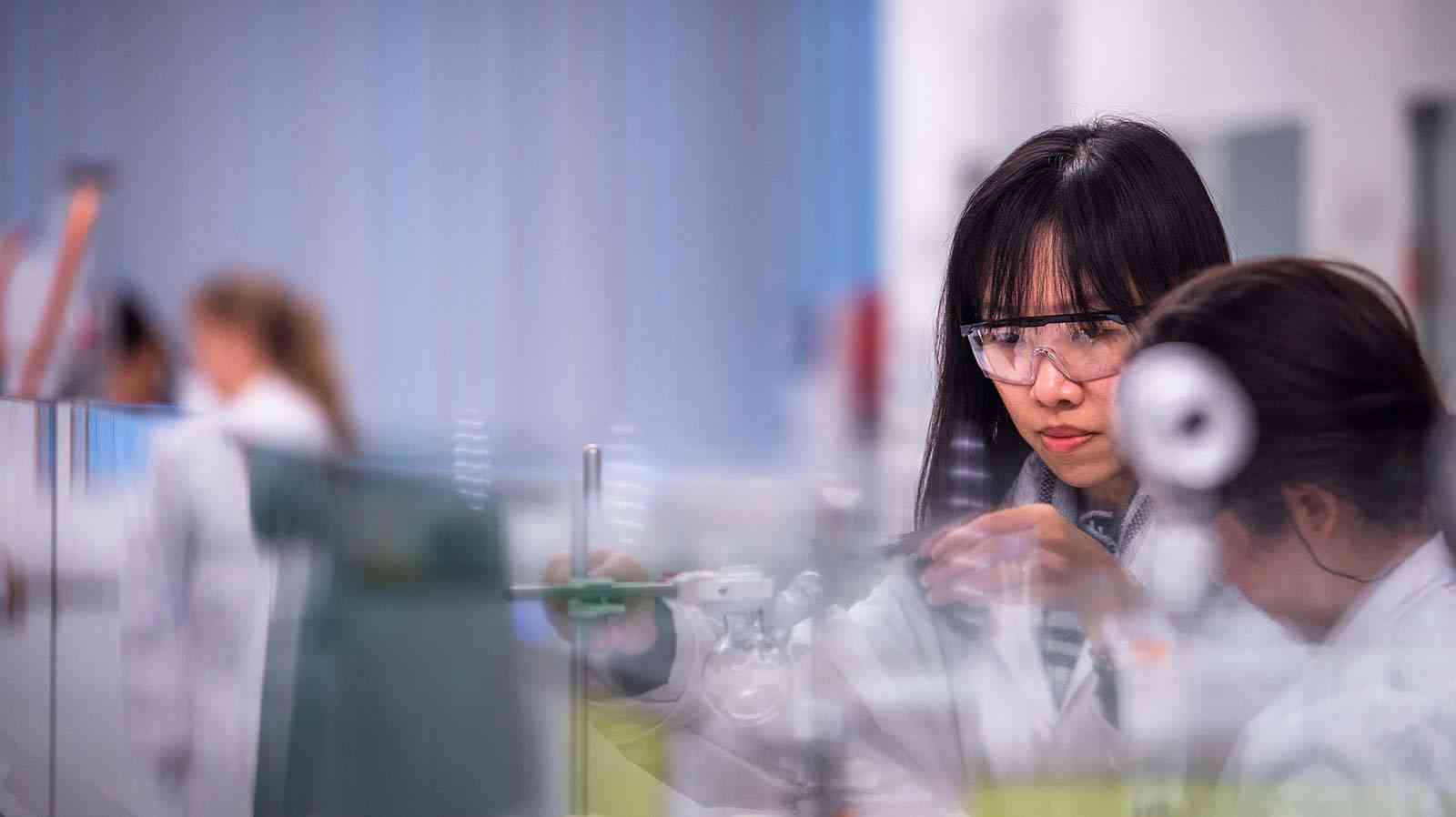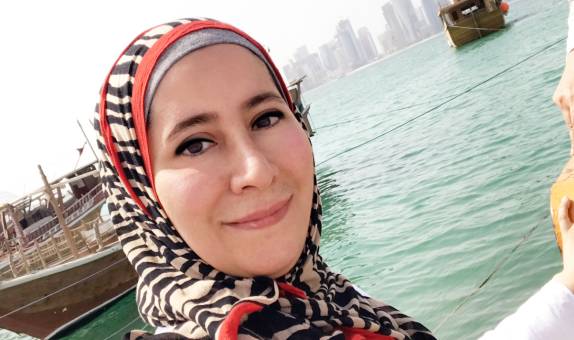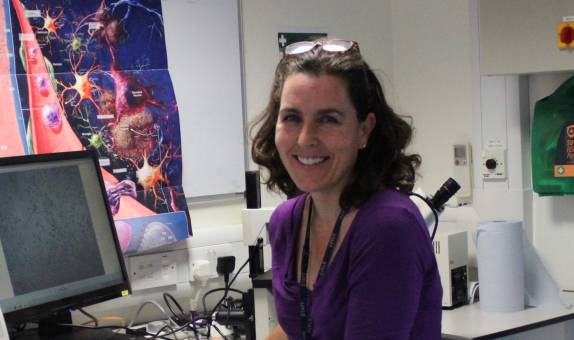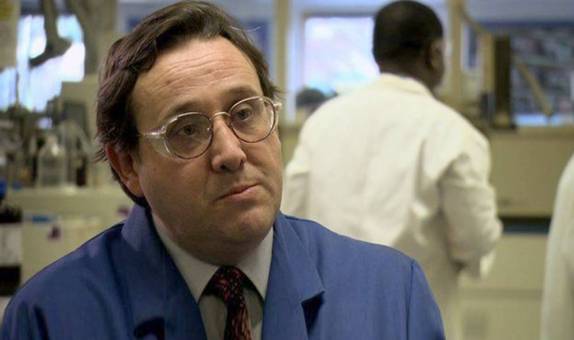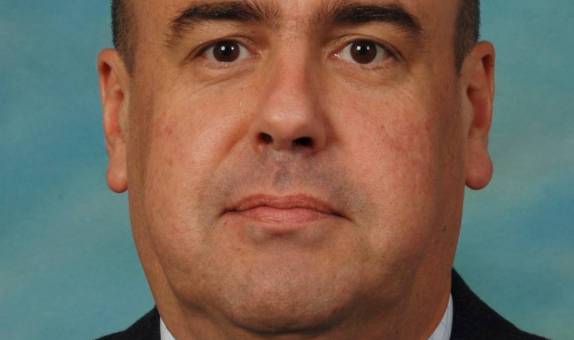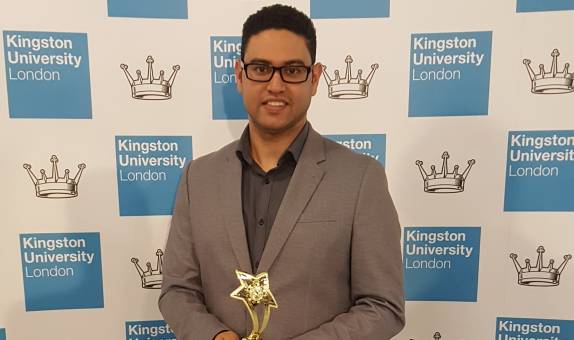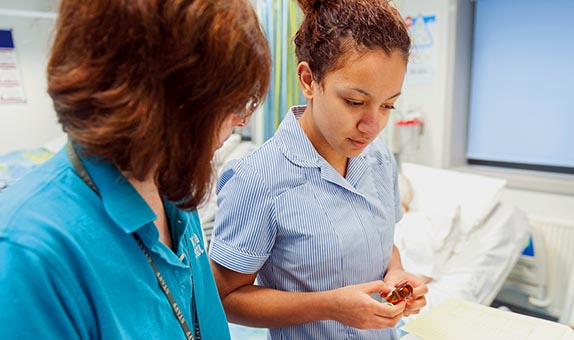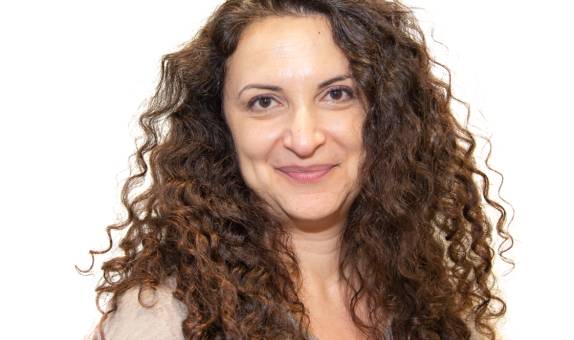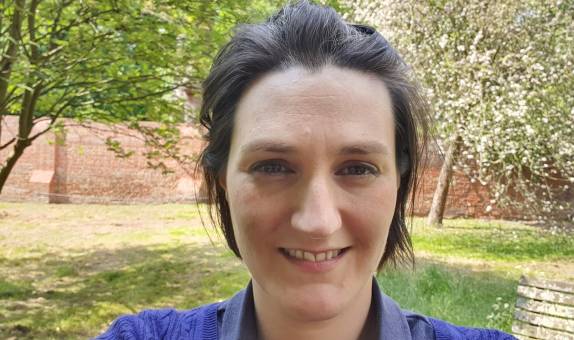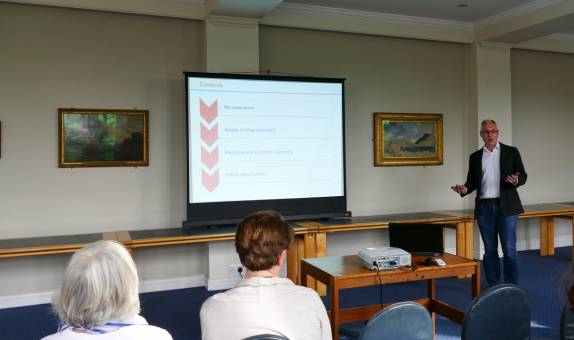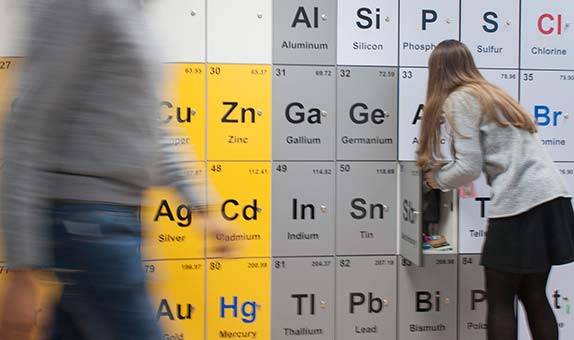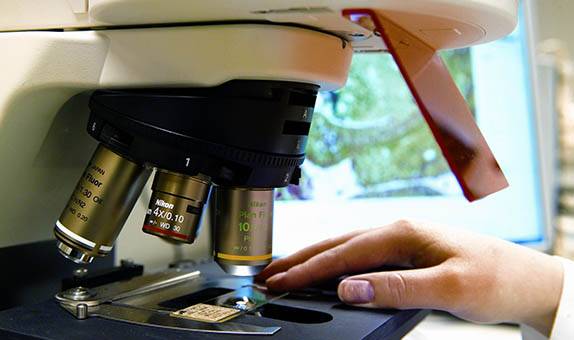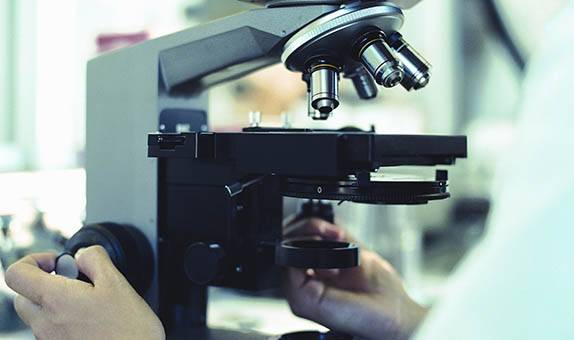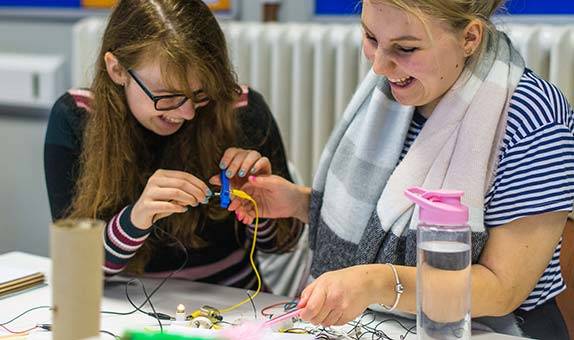Pharmaceutical Science MSc
Why choose this course?
This course explores current trends in chemical, biological and biotechnological therapeutics and examines the latest technologies in the pharmaceutical industry.
You will gain an understanding of processes used in clinical trials and in the development, manufacture and regulation of medicines.
Through an independent research project, you will study an area of interest in depth. Examples of projects include: medicinal chemistry (e.g. synthesis of anti-cancer compounds via in vitro cell models using advanced analytical techniques), pharmaceutical technology (e.g. optimisation manufacture and formulation of 3D printed tablets), and drug delivery (e.g. smart polymer-based nanoparticles and extravascular peptide delivery).
Pharmaceutical Science MSc
| Mode | Duration | Attendance | Start date |
|---|---|---|---|
| Full time | 1 year | 3 to 4 days per week |
September 2024 January 2025 |
| Full time | 2 years including professional placement | 3 to 4 days per week plus placement year |
September 2024 January 2025 |
Pharmaceutical Science with Management Studies MSc
| Mode | Duration | Attendance | Start date |
|---|---|---|---|
| Full time | 1 year | 3 to 4 days per week, plus selected weekends for Management Studies pathway |
September 2024 January 2025 |
| Full time | 2 years including professional placement | 3 to 4 days per week, plus selected weekends for Management Studies pathway plus placement year |
September 2024 January 2025 |
| Main location | Penrhyn Road |
Reasons to choose Kingston University
- Specialised topics, such as pharmaceutical regulatory affairs and pharmacovigilance, are taught by staff who have experience of working within the relevant regulatory bodies.
- Guest speakers from the pharmaceutical sector share their industry perspectives of drug development.
- The Management Studies pathway will place your scientific knowledge in a vocational context, which is ideal if you aspire to management roles.
What you will study
For a student to go on placement they are required to pass every module first time with no reassessments. It is the responsibility of individual students to find a suitable paid placement. Students will be supported by our dedicated placement team in securing this opportunity.
Core pathway
Management Studies pathway modules
Core modules
Statistics and Quality Systems
30 credits
The module introduces students to the role of statistics and quality systems in modern analytical science. It demonstrates how a thorough understanding of statistical concepts, the analytical process and the quality systems and quality management paradigms collectively enable the consistent and reliable interpretation of analytical chemical data to support the economic requirements of a business organisation.
Pharmaceutical and Analytical Technology
30 credits
The module is intended to ensure that students are aware of the processes by which a drug is formulated into a medicine. It examines the effect that formulation decisions have on the safety, efficacy and quality of medicines, and on the pharmaceutical industry's business model. It includes the principles of pharmaceutical analysis and the application of pharmaceutical analytical techniques (both routine and non-routine) for the design, process- and quality-control of manufactured pharmaceuticals and process-intermediates. It is designed to enable students to review instrumentation choices when confronted with pharmaceutical issues and to select the appropriate tool(s). It also looks at the emerging quality assurance concepts of process analytical technology and quality by design.
Manufacture and Clinical Trials of Medicines
30 credits
This module introduces the student to the different phases and types of clinical trials and the associated legal, regulatory and ethical issues. This includes statistical data analyses and how to manage and review clinical trial data in relation to evidence-based medicine. The technology and application of the manufacture of various medicine formulations are discussed and the place of biotechnological products introduced. The module also covers elements of medicines regulation with particular reference to the UK and European Union. Regulations are dealt with both within a general framework and specific areas including manufacturing, dealing with specialist products, regulation in clinical use, and licensing.
Design, Discovery and Development of Pharmaceuticals
30 credits
This module details the synthetic chemistry behind the development of drug molecules and evaluates quantitatively the structure activity effects from pharmacodynamic and pharmacokinetic perspectives. Advanced experimental techniques in spectroscopy and compound separation will be discussed in the context of drug discovery and development. The module also outlines the process for intellectual property protection and exploitation.
Project
60 credits
This module involves a research- or industry-based in-depth research project. You will develop your ability to critically evaluate your own work as well as the work of others, using analytical and laboratory skills.
On successful completion of the module, you will be able to:
- Prepare a realistic and coherent project proposal, formulate aims and objectives and plan your own time to achieve stated objectives.
- Critically evaluate the current literature.
- Carry out appropriate experiments in a safe manner (applying COSHH) and generate reliable, data suitably analysed, and apply appropriate statistical tests.
- Communicate the results of the project in a coherent report and in oral and visual manner.
Core modules
Statistics and Quality Systems
30 credits
The module introduces students to the role of statistics and quality systems in modern analytical science. It demonstrates how a thorough understanding of statistical concepts, the analytical process and the quality systems and quality management paradigms collectively enable the consistent and reliable interpretation of analytical chemical data to support the economic requirements of a business organisation.
Pharmaceutical and Analytical Technology
30 credits
The module is intended to ensure that students are aware of the processes by which a drug is formulated into a medicine. It examines the effect that formulation decisions have on the safety, efficacy and quality of medicines, and on the pharmaceutical industry's business model. It includes the principles of pharmaceutical analysis and the application of pharmaceutical analytical techniques (both routine and non-routine) for the design, process- and quality-control of manufactured pharmaceuticals and process-intermediates. It is designed to enable students to review instrumentation choices when confronted with pharmaceutical issues and to select the appropriate tool(s). It also looks at the emerging quality assurance concepts of process analytical technology and quality by design.
Manufacture and Clinical Trials of Medicines
30 credits
This module introduces the student to the different phases and types of clinical trials and the associated legal, regulatory and ethical issues. This includes statistical data analyses and how to manage and review clinical trial data in relation to evidence-based medicine. The technology and application of the manufacture of various medicine formulations are discussed and the place of biotechnological products introduced. The module also covers elements of medicines regulation with particular reference to the UK and European Union. Regulations are dealt with both within a general framework and specific areas including manufacturing, dealing with specialist products, regulation in clinical use, and licensing.
Business in Practice
30 credits
This postgraduate module covers the theory and practice of the business and management needs of students from different academic contexts such as, but not limited to Science, Engineering, Computing and Health Services who are aspiring team leaders, managers, and entrepreneurs in business within the context of the commercial, public, voluntary, or academic sector.
Students will investigate business topics ranging from finance, accounting, budgeting, and marketing, to organisational management by developing the leadership skills to meet business challenges and to cope with their complexity.
The module will explain and put into context business concepts to graduates from a variety of sectors including those encompassed by Science, Engineering, Computing and Health Services.
Project
60 credits
This module involves a research- or industry-based in-depth research project. You will develop your ability to critically evaluate your own work as well as the work of others, using analytical and laboratory skills.
On successful completion of the module, you will be able to:
- Prepare a realistic and coherent project proposal, formulate aims and objectives and plan your own time to achieve stated objectives.
- Critically evaluate the current literature.
- Carry out appropriate experiments in a safe manner (applying COSHH) and generate reliable, data suitably analysed, and apply appropriate statistical tests.
- Communicate the results of the project in a coherent report and in oral and visual manner.
Work placement scheme
Many postgraduate courses at Kingston University allow students to take the option of a 12-month work placement as part of their course. Although the University supports students in finding a placement and organises events to meet potential employers, the responsibility for finding the work placement is with the student; we cannot guarantee the placement, just the opportunity to undertake it. You may find securing a professional placement difficult as they are highly competitive and challenging, but they are also incredibly rewarding. It is very important to prepare and apply yourself if this is the route you wish to take. Employers look for great written and oral communication skills and an excellent CV/portfolio. As the work placement is an assessed part of the course, it is covered by a student's Student Route visa.
Find out more about the postgraduate work placement scheme.
Entry requirements
Teaching and assessment
Who teaches this course?
This course is delivered by the School of Life Sciences, Pharmacy and Chemistry.
The School of Life Sciences, Pharmacy and Chemistry offers an outstanding and diverse portfolio of undergraduate and postgraduate programmes in biological and biomedical sciences, chemistry, forensic science, pharmacy, pharmacological and pharmaceutical sciences, and sport science and nutrition.
We've invested heavily in the development of new facilities including laboratories for teaching and research to provide students with access to ultra-modern equipment in a wide range of teaching facilities.
Postgraduate students may run or assist in lab sessions and may also contribute to the teaching of seminars under the supervision of the module leader.
Fees for this course
Additional costs
Depending on the programme of study, there may be extra costs that are not covered by tuition fees which students will need to consider when planning their studies. Tuition fees cover the cost of your teaching, assessment and operating University facilities such as the library, access to shared IT equipment and other support services. Accommodation and living costs are not included in our fees.
Where a course has additional expenses, we make every effort to highlight them. These may include optional field trips, materials (e.g. art, design, engineering), security checks such as DBS, uniforms, specialist clothing or professional memberships.
Our modern teaching environment
There is a wide range of facilities for practical work at our Penrhyn Road campus, where this course is based. You will have access to a modern environment with the latest equipment, including:
- the £9.8 million Eadweard Muybridge building with state-of the art laboratories, including labs dedicated to pharmaceutical science;
- new work areas and dedicated laboratories for research;
- specialist equipment, such as:
- gas and liquid chromatography;
- electron microscopy;
- a range of spectrometers, including mass spectrometers, infrared spectrometers and nuclear magnetic resonance spectrometers;
- nuclear science equipment;
- thermal analysis;
- x-ray diffractometers; and
- electrochemical analysis;
- computing laboratories and a team of IT technicians to offer assistance.
The library offers:
- subject libraries, plus a free inter-library loan scheme to other libraries in the Greater London area;
- online database subscriptions; and
- a growing selection of resource materials.
After you graduate
Where this course will take you
On completion of the MSc, you will:
- be able to demonstrate the knowledge and skills relevant to a pharmaceutical science career in the pharmaceutical industry or public sector - such as clinical trials, regulatory affairs, formulation, quality control or marketing;
- have developed the necessary skills to plan, carry out and effectively communicate an extensive independent piece of research - which will allow you to carry out further research studies;
- have acquired new and/or improved practical skills, using a variety of equipment, techniques and instrumentation; and
- have developed a variety of key skills - such as communication, time-management, organisational and problem-solving skills, which are expected by future employers.
Graduates have achieved success with roles in areas, such as:
- drug manufacturing and pharmaceutical technology;
- drug formulation and analysis;
- clinical trials;
- pharmacovigilance;
- regulatory affairs; and
- management.
Some have also gone on to study for a PhD.
Careers and recruitment advice
The Faculty has a specialist employability team. It provides friendly and high-quality careers and recruitment guidance, including advice and sessions on job-seeking skills such as CV preparation, application forms and interview techniques. Specific advice is also available for international students about the UK job market and employers' expectations and requirements.
The team runs employer events throughout the year, including job fairs, key speakers from industry and interviews on campus. These events give you the opportunity to hear from, and network with, employers in an informal setting.
What our graduates say
How we work with industry partners
Our links with industry provide a practical base for our courses. They also help us to ensure your studies are kept up-to-date and relevant to the working environment. If you choose to study this course, you will benefit from:
- real-world experience thanks to your MSc project, which you may be able to take:
- in industry – past students have undertaken project placements in the pharmaceutical industry, for example; or
- in one of Kingston University's research institutes;
- the latest views from visiting speakers; and
- industry visits.
Current research in this subject
Many of our staff in the Faculty are research active. This ensures they are in touch with the latest thinking and bring best practice to your studies.
Research in the Faculty is organised into several research areas, including the following themes:
- parasitology and microbiology;
- haematology/immunology/cancer biology;
- biomedical, pharmaceutical and instrumental analyses;
- medicinal and pharmaceutical chemistry;
- clinical pharmacy and advanced drug delivery; and
- nutrition/exercise and sports science.
Course changes and regulations
The information on this page reflects the currently intended course structure and module details. To improve your student experience and the quality of your degree, we may review and change the material information of this course. Course changes explained.
Programme Specifications for the course are published ahead of each academic year.
Regulations governing this course can be found on our website.

